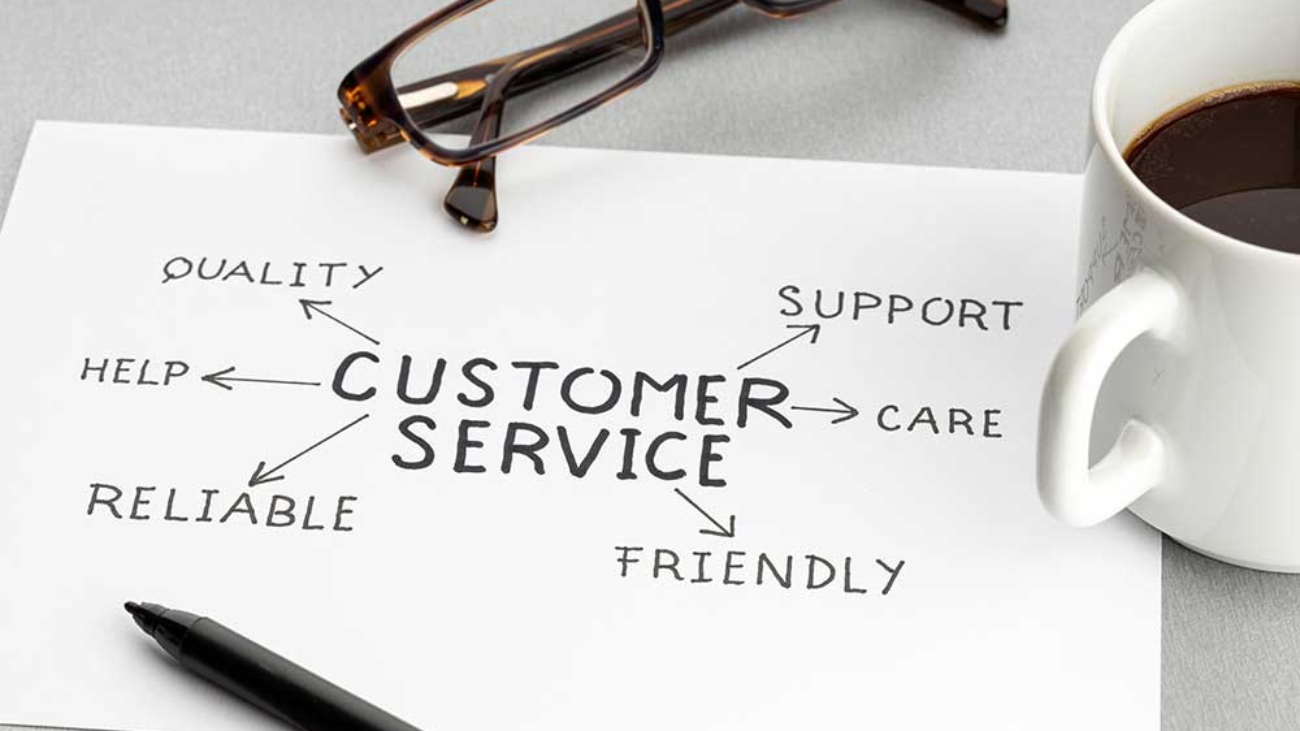In today’s fast-paced and competitive business environment, the management of customer relationships stands as a cornerstone of success, regardless of a company’s size or industry. With technology driving rapid advancements and consumer expectations continuously evolving, the choice of a CRM system becomes increasingly crucial. While Software as a Service (SaaS) solutions have long dominated the market, the emergence of self-hosted CRM presents a compelling alternative that offers unparalleled control, security, and customization options.
Understanding Self-Hosted CRM:
Self-hosted CRM, also referred to as on-premise CRM, fundamentally shifts the locus of control back to the company itself. Rather than relying on external providers, businesses opt to host their CRM applications on their own servers, granting them complete autonomy over their CRM environment. This level of control empowers companies to tailor their CRM systems to their specific needs and seamlessly integrate them with existing infrastructure and workflows.
Key Benefits for Your Business:
- Complete Control and Customization: Self-hosted CRM solutions offer unparalleled flexibility, allowing businesses to mold the system to perfectly align with their unique processes and requirements. Whether it’s adapting to the agile workflows of a startup or catering to the intricate operations of an enterprise, self-hosted CRM provides the freedom to tailor the system precisely to the company’s needs.
- Enhanced Security: In an era where data breaches and cyber threats loom large, safeguarding customer information is paramount. With self-hosted CRM, companies retain full control over their data, mitigating the risk of breaches or unauthorized access. This heightened level of security is particularly valuable for startups aiming to instill trust and confidence in their customer base from the outset.
- Cost-Effectiveness: While SaaS solutions may appear cost-effective initially, the cumulative costs of recurring subscription fees can add up significantly over time. In contrast, self-hosted CRM offers a more financially sustainable alternative in the long run. By making an upfront investment in infrastructure, companies can avoid ongoing subscription costs and enjoy greater returns on investment over the system’s lifespan.
- Scalability: As startups embark on their journey towards growth and expansion, scalability becomes a critical consideration. Self-hosted CRM solutions are inherently scalable, enabling companies to seamlessly expand their systems in tandem with their evolving needs. Whether it’s adding new users, integrating additional features, or accommodating increased data volumes, self-hosted CRM provides the flexibility to support the company’s growth trajectory.
Cost Analysis of Self-Hosted CRM
- Initial Setup Costs And Budgeting: Implementing a self-hosted CRM involves some initial setup costs. The main expenses include server hardware, CRM software, implementation services, employee training, and data migration. Altogether, you may need around $5000 or more upfront for a basic implementation. Plan budgets wisely right from the start.
- Ongoing Maintenance and Hidden Costs: Once the initial setup is complete, there are still regular maintenance expenses to consider, such as admin time for upgrades, server and hosting charges, backup and disaster recovery services, occasional troubleshooting, customization, and expansion of storage and bandwidth. These recurring costs are often overlooked but should be factored into your total cost of ownership (TCO) analysis.
- Potential Savings and ROI: The upfront investment in self-hosted CRM pays off in the long run through significant cost savings compared to paid SaaS CRM. Potential savings include no recurring software subscriptions, control over infrastructure costs, leveraging in-house IT resources for customization, and free upgrades on your schedule. Carefully tracking cost savings metrics is vital to demonstrate the quantifiable business value against costs.
Is Self-Hosted CRM Right for Your Startup?
Before making a decision, startups must carefully assess their specific needs, objectives, and constraints. Factors such as growth projections, customization requirements, and existing infrastructure complexity should be taken into account. While SaaS solutions may offer convenience, self-hosted CRM provides startups with unparalleled control, flexibility, and long-term viability, making it a compelling option for those looking to lay a solid foundation for future success.
At Raznameh, we recognize the unique challenges startups face in adopting self-hosted CRM solutions. With our wealth of experience and expertise, we offer startups a comprehensive assessment of their company and a meticulously crafted roadmap for migrating to self-hosted CRM, step by step. Our tailored approach ensures that startups can harness the full potential of self-hosted CRM, empowering them to build stronger customer relationships and drive sustainable growth.
Conclusion:
In conclusion, self-hosted CRM solutions offer startups a powerful tool for managing customer relationships effectively and setting themselves up for long-term success. With the ability to customize the system, enhance security, and maximize cost-effectiveness, self-hosted CRM provides startups with the autonomy and flexibility they need to thrive in today’s competitive landscape. Partnering with a knowledgeable provider like Raznameh ensures that startups can navigate the complexities of CRM implementation with confidence, enabling them to achieve their business objectives and fuel their growth journey.


